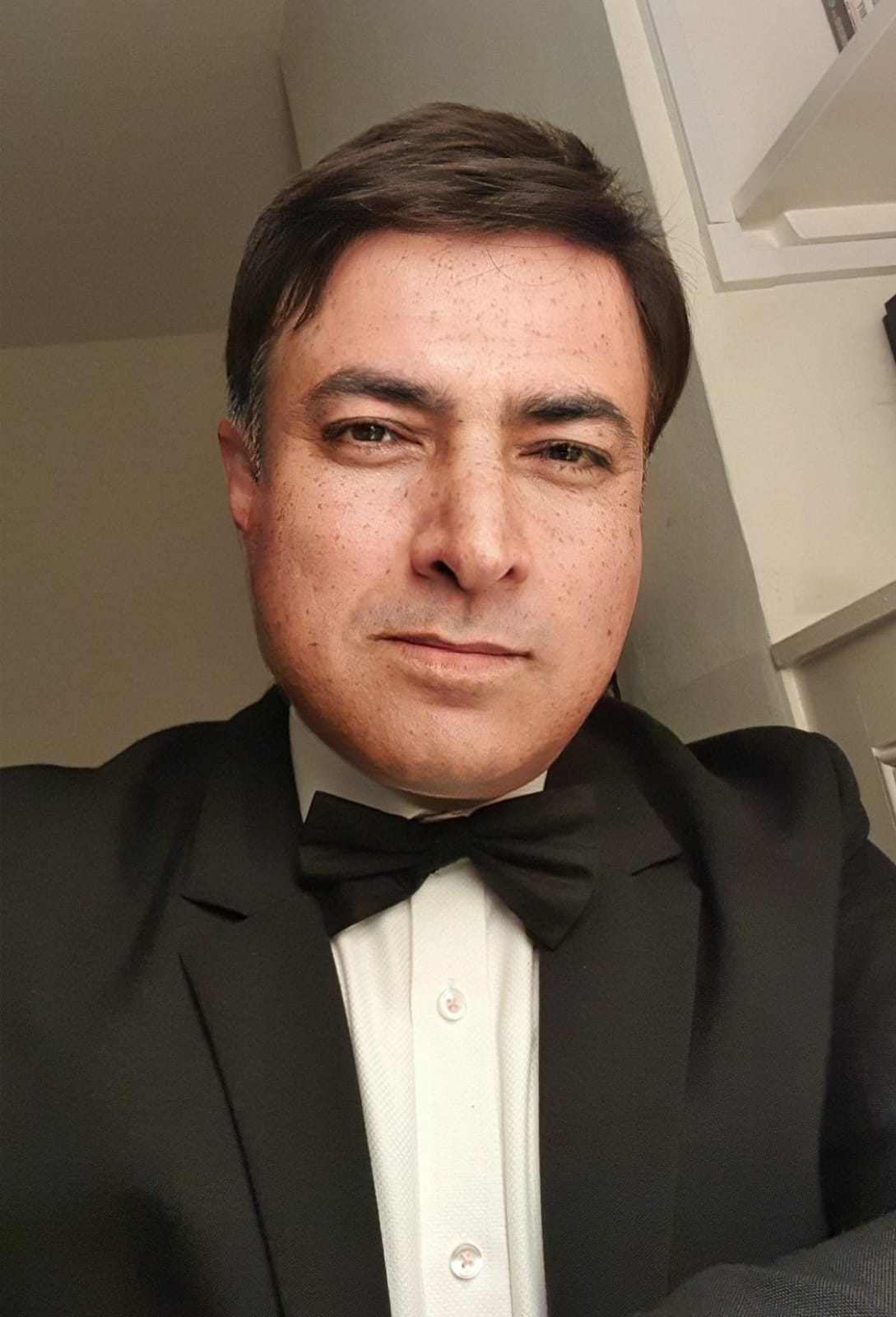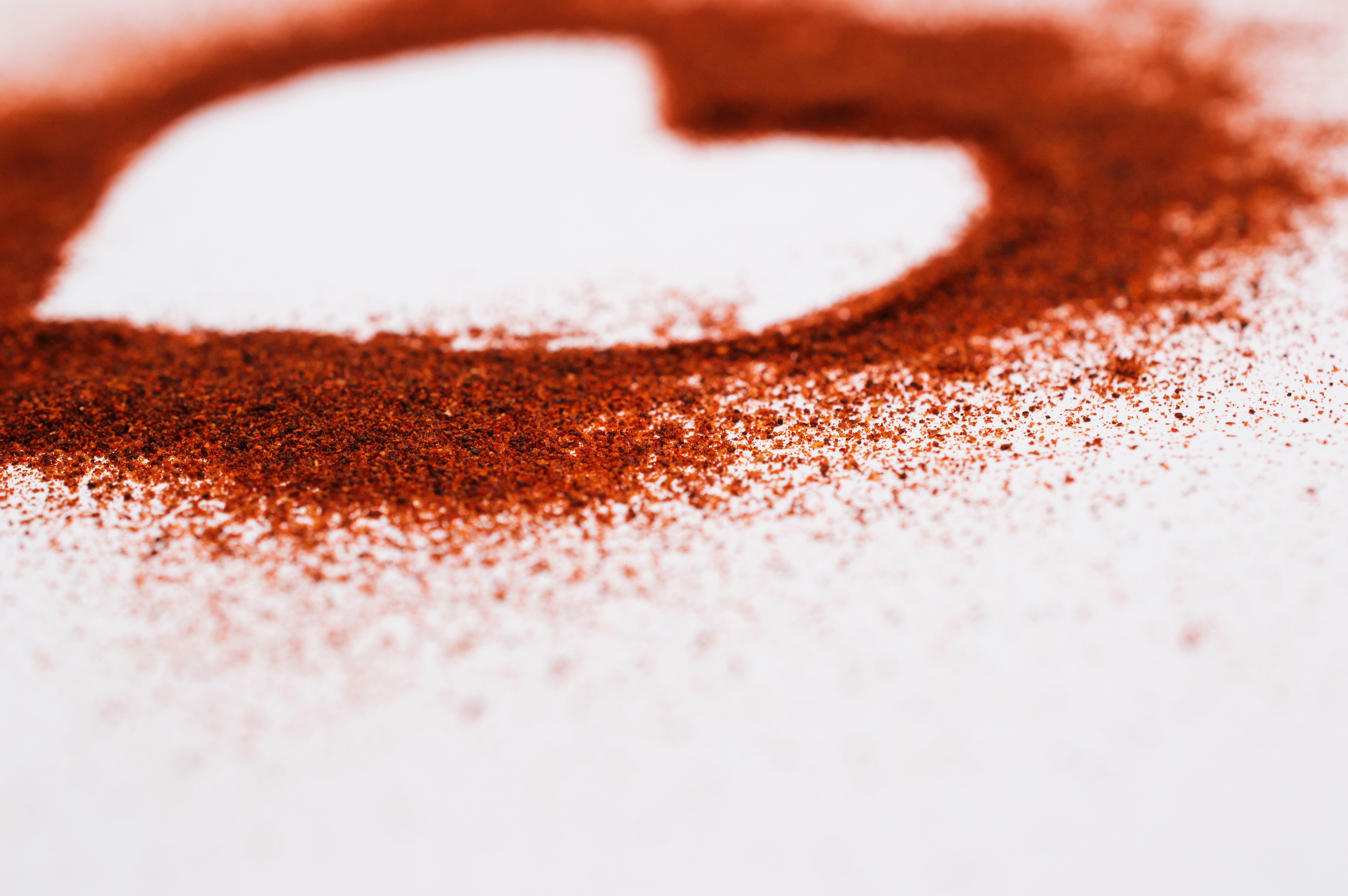The Day Love Died!
“I love you,” Brad says to Angelina.
“I love you too,” Angelina says to Brad.
Brad and Angelina get married and plan to live happily ever after.
One day, Brad and Angelina split up.
“I thought you loved me,” Angelina says to Brad.
“I did,” Brad replies to Angelina.
“But love is forever,” Angelina retorts to Brad.
“Not for me it isn’t,” Brad replies, hanging up the phone.
What is love, anyway? And is it the same thing for everyone? Why is love so hard to find? And what is it that makes two people compatible in a loving relationship? These questions have been haunting the human mind for the last hundreds of years. However, they become even more current when the love duo Brangelina (Brad Pit and Angelina Jolie) split up few months back in glaring media lights and millions of hearts were broken believing that love does not last forever. One leading headlines was read as, ‘the day love died’.
Philosophy meets love:
One of the first known philosophers, Plato, devoted much of his dialogue Symposium to a consideration of different views on love. Phaedrus, for example, notes how lovers may sacrifice their lives for their love (Agape). Pausanias distinguishes between earthly and heavenly love. Heavenly love (Storge) emphasizes the intellect and enduring commitment, whereas earthly love (Eros) is more lustful. These constructs endure even today.
It may be surprising for several readers that the most popular form of love, the romantic love is an invention of the medieval ages. The romantic love of knights and damsels, called courtly love, emerged in the early medieval ages (eleventh century France), derived from Platonic, Aristotelian love, and the writings of the Roman poet, Ovid. Such romantic love was often portrayed as not to be consummated, but as transcendentally motivated by a deep respect for the lady and earnestly pursued in chivalric deeds rather than through sexual relations.
The English word “romance” developed from a vernacular dialect within the French language, meaning “verse narrative,” referring to the style of speech and writing, and artistic talents within elite classes. The word derives from the Latin “Romanicus,” meaning “of the Roman style,” of “from Rome.”
Interestingly, before the twelfth century, in Europe, love between men and women was considered a sign of weakness. However, since the twelfth century, lovers have been consistently considered heroic in Western countries. The tragic contradictions between romance and society are forcibly portrayed in such examples as the Arthurian story of Lancelot and Guinevere, Tolstoy’s Anna Karenina, Flaubert’s Madame Bovary, and Shakespeare’s Romeo and Juliet. Blockbusters like Casablanca and Titanic could be quoted in the same league.
Even the sexual revolution of the 1960s and 1970s couldn’t diminish the magic of romantic love. It was thought that, when people were freed to pursue their desires without hindrance or moral condemnation, romantic love would fade out. But the opposite occurred. Since the 1980s, romantic love has regained its old salience. It may be more important now than it ever was. Love now dominates the institution of marriage as never before.
Romantic love maybe considered the single greatest energy system in the Western psyche. In the Western culture it has supplanted religion as the arena in which men and women seek meaning, transcendence, wholeness, and ecstasy. Many people spend their entire lives looking for such love, wanting to feel such love, wondering, when they are first attracted to another, if that’s what they’re now feeling. Above all, most people love being in love, love the feeling of loving, love even the mad passion of being in love.
This is why romantic love desperately needs obstacles. For a sword to be laid down between the longing couple, or a curtain drawn between them. For their romantic passion to persist, lovers must be kept away from one another. What they need is not one another’s presence, but one another’s absence. When reality sets in, it is that of sweating bodies, dishevelled sheets, unruly hair, bad breath, scraggly beards, dirty diapers, and, outside the door, clamouring little ones hollering for their breakfast.
Although the human heart is much to blame but the brain seems to be sitting on the driving seat to create the phenomenon of ‘Romantic Love’. When we or other mammals or birds feel attracted to that special one, we all experience the same symptoms; sleeplessness with our attention focused on our beloved one; feeling possessive, exhibiting a lack of appetite.
Interestingly, few of us are wearing our hearts on sleeves so are very quick to fall in love in contrast to others, who seem very deliberate and slow to fall in love depending upon our genes. Our baseline levels of dopamine and serotonin are determined by specific genes, and because these neurotransmitters play a crucial role in the process of falling in love, they are responsible for individual differences in our readiness to fall in love.
Romantic love burns calories:
Never forget that romantic love is pretty selfish. It burns loads of calories as it demands a lot from our metabolism. Biologically speaking, Its chief purpose is to help us concentrate on winning the attention of a desired partner and is designed to last long enough for the relationship to bear offspring. Later, this elevated state often subsides and feelings of attachment come to the foreground. These feelings help to provide children with calmer and stabler conditions in which to grow up so in a way ‘nothing lasts forever’ could be a good news.


